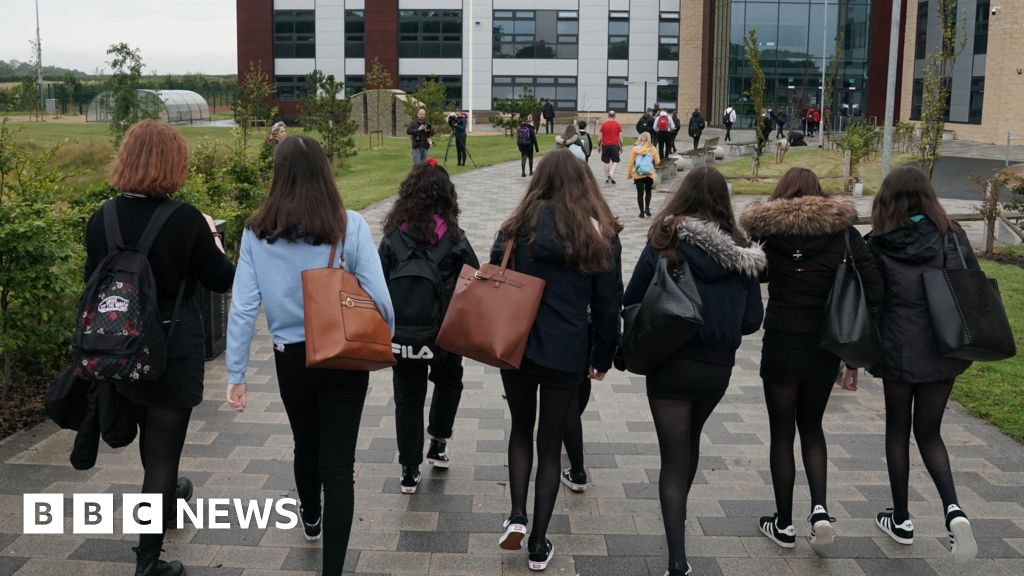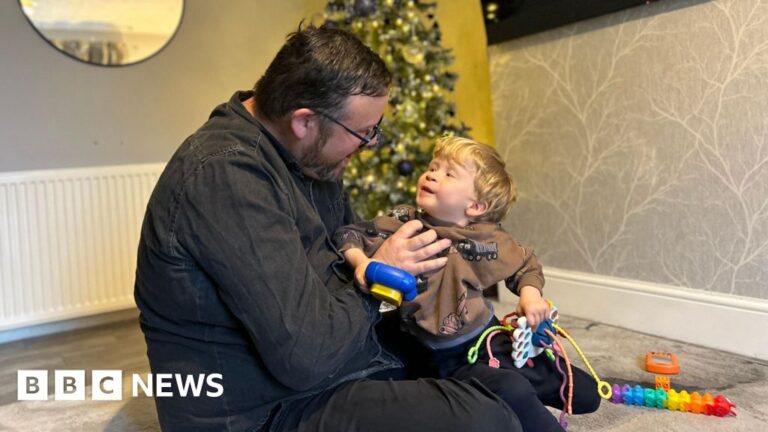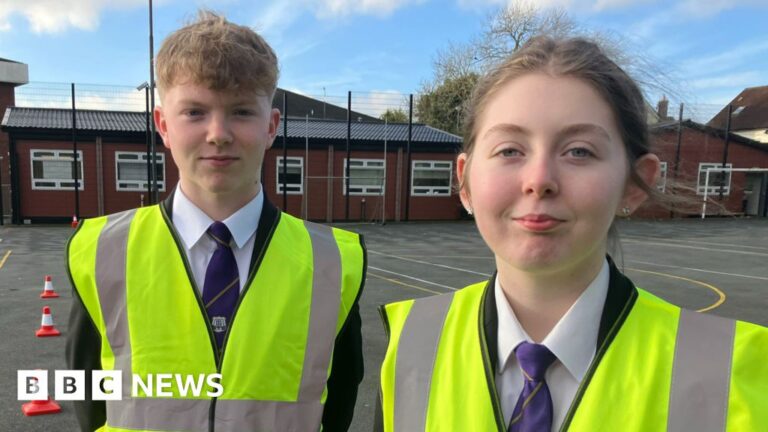Data from a controversial survey which asked school pupils as young as 14 about their sexual experiences has been advertised for use by external researchers, without the explicit consent of children or parents, BBC Scotland has learned.
The Scottish government’s Health and Wellbeing census hit the headlines in 2021 after asking highly personal questions of more than 130,000 school children, raising concerns among education experts and families.
Parents said they were not told the nature of the questions in advance and were not asked to agree that their children’s private information could be shared.
A Scottish government spokeswoman said it had been “made clear” that the data – once shared with them – would only be used for statistics and research purposes and that pupils would not be identifiable from the results.
The Health and Wellbeing census was organised and promoted by the Scottish government but half of Scotland’s 32 councils pulled out following concerns about a lack of informed consent and worries over the anonymity for pupils.
In the end, 16 councils went ahead: Angus, Clackmannanshire, Dumfries and Galloway, Dundee, East Renfrewshire, Edinburgh, Falkirk, Glasgow, Moray, North Ayrshire, Perth and Kinross, Renfrewshire, Scottish Borders, Shetland, South Ayrshire and Stirling.
The pupils answered the questions online in classrooms and were told on the survey form itself that the information would not be shared.
However, the data is now being offered publicly to external researchers via the website of Research Data Scotland, a charity created by the Scottish government in 2021 with a stated aim of making it easier to access data around health and wellbeing.
The UK’s Information Commissioner’s Office has guidelines on consent which say it must be “opt-in”.
Sonia, a parent from the east of Scotland who did not want to be identified, told the BBC she had grave concerns about the way children’s data was gathered and how it was now being shared.
“134,000 children participated, none of them with active parent consent and many parents never received the letters.
They never opened the email or the letter is crumpled at the bottom of the school bag.”
Academics say there are serious concerns about sharing the data without consent and about linking it to other datasets, as this significantly raises the risk of identifying children and their answers.
Source link




